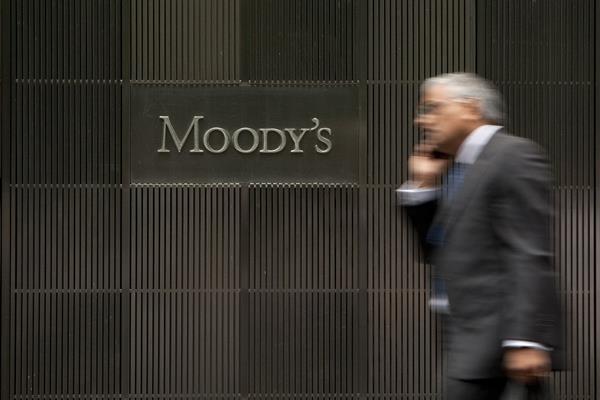|

Rising Shareholder Activism
Threatens Creditors, Debt Repayment: Moody's
|

Investors have sought change at 54 companies
including General Motors Co. and MGM Resorts International this
year, up from 43 during the same period in 2014, Moody’s said.
Photographer: Scott Eells/Bloomberg
|
Bond investors face growing risk as activist shareholders are
targeting more companies in 2015 than last year, threatening further
damage to corporate credit quality, according to Moody’s Investors
Service.
Activists who seize stakes to effect changes to corporate behavior
targeted 26 percent more North American companies during the first
three months of this year than in the same period last year, the New
York-based ratings company said in an April 7 report. The number of
targets will probably increase at the expense of lenders who miss out
when activists raise cash for their own purposes because it reduces
the amount available for debt repayment.
“Their success helps attract new capital into the funds and it’s
attracted copycat activist hedge funds that want to be like the big
players so there’s more of them,” Moody’s analyst Chris Plath said in
an April 8 telephone interview. “That’s allowed them to spread out and
take on a bigger number of targets.”
Investors have sought change at 54 companies including General Motors
Co. and MGM Resorts International this year, up from 43 during the
same period in 2014, Moody’s said. The record 222 companies targeted
last year was up from 220 in 2013. Assets managed by activist hedge
funds increased to about $120 billion in 2014 from about $105 billion
in 2013, according to Hedge Fund Research data cited by Moody’s.
They’re lured by the “huge cash pile” at U.S. non-financial companies,
which had $1.65 trillion on their balance sheets in October 2014,
according to the report. Technology companies, which as of October
carried more than half of the cash held by the largest non-financial
U.S. companies, accounted for 20 percent of shareholder activism last
year. Along with its cash, the sector’s minimal dividends and low debt
levels will continue to draw attention from these investors, Moody’s
said.
Structural Changes
Still, activists are increasingly pressing for structural changes at
target firms rather than just carving out share buybacks and
dividends, according to Moody’s. Balance sheet-related demands
comprised just 11 percent of total demands in 2014, down 6 percent
from the previous year as companies proactively returned cash to
shareholders.
“We expect greater focus by activists on strategic and operational
issues, including M&A and corporate spin-offs, and less on balance
sheet activism going forward,” the Moody’s analysts led by Plath
wrote.
©
Bloomberg L.P. |
